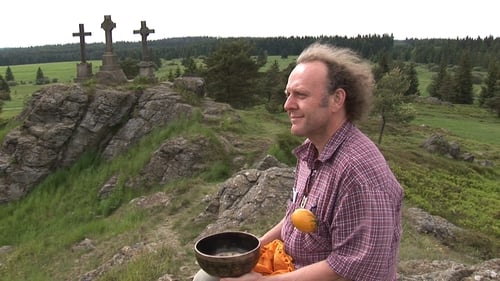
Sound
May all the beings be happy

Producer
May all the beings be happy

Director of Photography
May all the beings be happy

Screenplay
May all the beings be happy

Director
May all the beings be happy

Director
This documentary explores the traditions and contemporary rituals of tantra, a mysterious and provocative practice with roots in Hinduism and Buddhism.

Screenplay
This documentary explores the traditions and contemporary rituals of tantra, a mysterious and provocative practice with roots in Hinduism and Buddhism.

Idea
This documentary explores the traditions and contemporary rituals of tantra, a mysterious and provocative practice with roots in Hinduism and Buddhism.

Sound

Director of Photography

Screenplay

Director

Sound

Director of Photography

Screenplay

Director

Editor

Screenplay

Director

Producer

Producer

Sound

Director of Photography

Screenplay

Director

Production Manager

Sound

Director of Photography

Screenplay

Director

Writer
The main characters of the film are two small boys who share the throne of Karmapa, the highest office of one of Tibetan Buddhism's main sects and the third in line after the Dalai Lama and Panchen Lama. As with the Dalai Lama, Karmapa is the same soul which reincarnates in each successor to the office, who is identified by omens, portents and other signs. The Karmapa line actually pre-dates the Dalai Lama's, and their respective importance has alternated in the course of history with either the Karmapa or Dalai Lama holding precedence. Only one of the current Karmapas lives in Tibet, who is recognized by the Dalai Lama but controlled by the Chinese government for political ends. The second Karmapa lives in New Delhi, India and was selected by a Tibetan group in exile. The film was shot in India, Nepal and Tibet and features the Dalai Lama as narrator, providing an incisive spiritual and political view of occupied Tibet.



